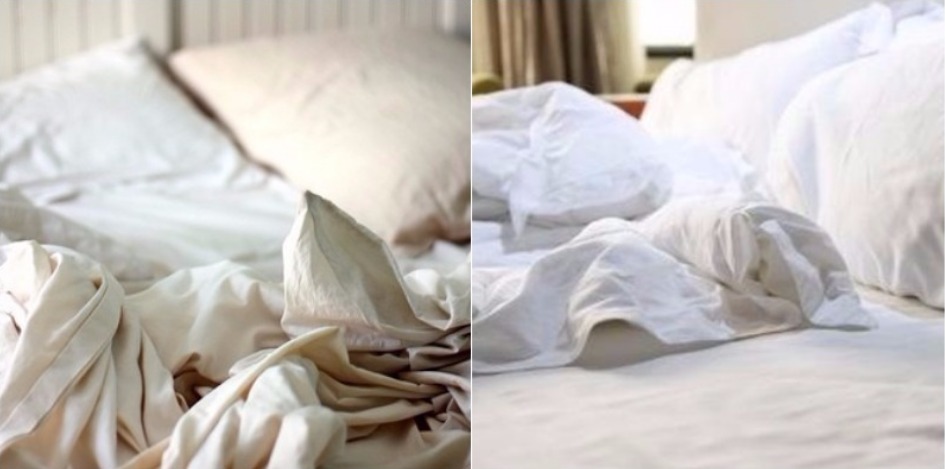ADVERTISEMENT
The spread of infection
A 2017 study revealed that infections can be transmitted through dirty bed sheets.
So when you are unwell, you should wash your bed sheets promptly, especially if you share a bed with others, as a measure to prevent the spread of infection.
A 2022 study confirmed that pillowcases harbor 39 times more bacteria than pet bowls, while bed sheets harbor 5.4 times more bacteria than toothbrush holders.
Sweat, skin oils, and saliva encourage bacteria to grow on your bed, causing unpleasant odors and potentially leading to infection. Washing your sheets and pillowcases regularly is key to reducing the risk of this bacteria.

Neck pain over time
Pillows and mattresses act as a support system for the neck and spine. Over time, these items can lose their original shape and firmness, leading to discomfort and pain in the neck, shoulders, and back.
Poor support can disrupt your sleep, leaving you tossing and turning throughout the night. It can also cause skin problems. Your sheets come into direct contact with your skin for hours each night.
While you sleep, your body produces oils, exfoliates dead skin cells, and sweats. These substances can build up on your sheets and pillowcases over time, potentially causing clogged pores, breakouts, and skin irritation.
Changing your bed sheets regularly will reduce the likelihood of these problems occurring, helping to maintain cleaner, healthier skin.

How often should bed sheets be washed and changed?
According to experts, duvet covers, pillowcases and bed sheets should be washed at least every two weeks, using the hottest temperature listed on the bedding care instructions to effectively remove germs.
If you have allergies, infections, sleep naked, or don’t shower, wash your sheets more often. For pillows, wash them in hot water every three months to kill bacteria.
If you want to skip this, note that studies have shown that one-third of your pillow’s weight can be made up of “dead skin, dust mites, and bugs” — which can be prevented with regular washing.
Blankets should be washed at least twice a year because dead skin cells and bacteria can build up on them. This should be done more often if you tend to sweat a lot, spill coffee or food on your blanket, share your bed with pets, or if you have allergies.
Finally, depending on the individual situation and condition, mattresses, bedding, and pillows should always be cleaned regularly to ensure sleep and health for yourself and your family.
ADVERTISEMENT
